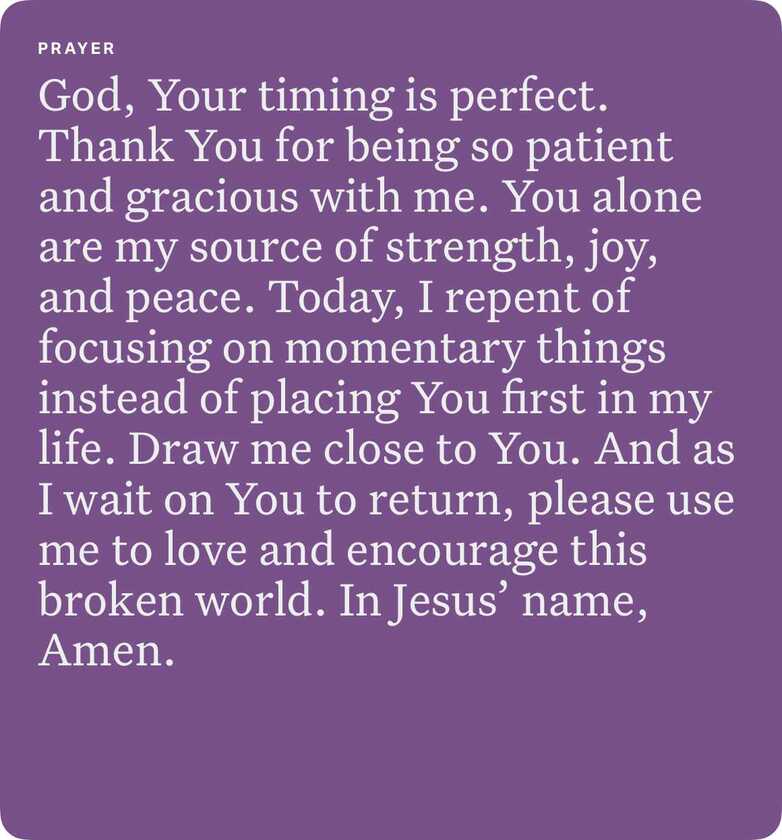I will share about Christian books I have read or listened to.
I will be sharing about my life before and after Christ. I will include stories about my pet and other pets I have encountered.
What should we do?
Our default setting isn’t selflessness. We often judge ourselves by our intentions, but we judge others by their actions. We can be quick to accuse without first looking at ourselves.
But Jesus calls us to live differently:
“Do to others whatever you would like them to do to you. This is the essence of all that is taught in the law and the prophets.”
Matthew 7:12 NLT
Often referred to as the “golden rule,” it’s a brilliant litmus test for discerning how to respond to people in the face of hardship, uncertainty, and pain.
Here are some ways we can apply this verse to our daily lives:
When someone hurts you
Have you ever hurt somebody else, either accidentally or intentionally? And when the mistake was made or realized, did you want to be screamed at and given a harsh consequence, or did you want grace and a second chance?
To the extent we forgive, we are forgiven. So what if today we gave to others the same grace, compassion, and mercy that we would like to receive?
When someone is struggling
When you personally experience hardships, you might seek counsel from a pastor or a mentor, but you probably also want a friend who will listen to you. You want someone to come alongside you who can handle your honest thoughts, and help you navigate the hurt in this world.
Just as we need people to encourage us, we are also called to be that source of support to others. So today, consider what you can do to point people to God’s love and truth.
When someone has annoyed you
People can be irritating. But if you were considered an annoyance by somebody else, would you rather that person talk badly about you, or have patience with you? We are all works in progress, and we are all called to show each other mercy and grace.
So this week, when you’re tempted to lash out at someone requiring a little “extra” of you, or dismiss someone who’s getting on your last nerve, consider thinking: If I were them, what would I want?
If we want to live like Jesus, then we need to do what He asks of us. And Jesus explained that, in order to do that, one profound mindset was required: treat others like you’d want to be treated.
God’s Heart For All People
For God so loved the world, that He gave His only begotten Son, that whoever believes in Him shall not perish, but have eternal life.
John 3:16 NASB
The verse above is the essence of the Gospel. The Gospel means good news, and it’s God’s plan to save us from eternal separation from Him.
Our sin separated us from God’s perfection. And because of that, we could not have a personal relationship with Him. Knowing that we could not get to Him on our own, God sent Jesus to us to make things right. Jesus did what no one else could do—He lived a perfect life, He died for us, and then He conquered death by coming back to life. It’s His resurrection that led to our reconciliation with God—and that’s good news!
Here are a three key things to remember about the Gospel:
God Loves Everyone
John 3:16 doesn’t say that God loved some of the people in the world. It says He loves the world … that means everyone who inhabits it. God’s heart is for all people. The Gospel ...















